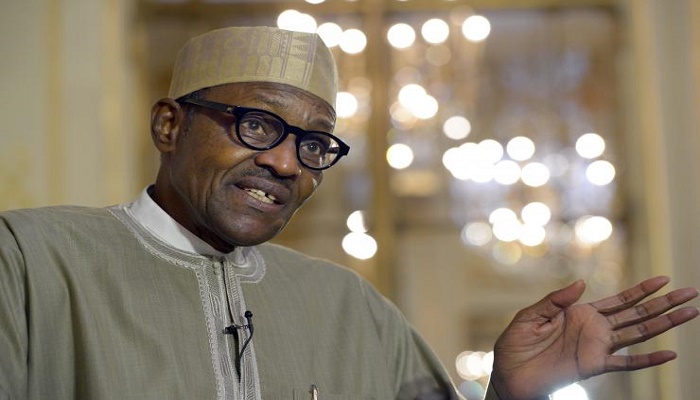Global Rating Agency, Fitch announced last week that it was downgrading Nigeria’s long-term foreign currency Issuer Default Rating (IDR) to ‘B+’ from ‘BB-’ as well as the country’s long-term local currency IDR to ‘BB-’ from ‘BB’. The issuers rating on Nigeria’s senior unsecured foreign-currency bonds was also downgraded to ‘B+’ from ‘BB-’.
In case you are wondering what all the “B’s” mean, rating Agencies assign ratings to countries and corporations around the world using Alphabets such as AAA, AA, BB etc. A ‘triple A’ rating signifies that the country’s economy is so strong it it unlikely that it will default on its debt. Countries like the US, Germany and UK have triple A ratings. Ratings are relied upon by investors and the countries or organizations that are been rated to price interest rates on bonds. The higher your rating, the lower the interest rate your lenders will charge you and vice n versa. Countries ,organizations and investors take these ratings seriously as it indicates what loans are riskier and how to price them. In more advance countries, individuals also get rated via a credit score.
So as you can see, anytime Nigeria gets a downgrade it has broad implications for the government and by extension you and I. The more interest rate the government pays, the less we get for developmental projects. In fact, in extreme cases, lenders may not be willing to buy your bonds if your credit rating is downgraded and then your economy declared “Unstable”.
Nigeria’s latest downgrade is on the back of a warning issued last September when it listed conditions that could have them downgrade Nigeria. They were;
- A policy response to lower oil prices that undermines growth prospects, public finances or external stability
- A loss of foreign exchange reserves or an increase in government debt/GDP
- Reversal of key structural reforms and anti-corruption and transparency measures.
They also identified other conditions that could have them reconsider our status as “Stable”. You can find that here. From the above, it is obvious that Nigeria had basically fallen short. The rating agency summarizes their reason for the downgraded in one these blunt sentences.
Nigeria’s fiscal and external vulnerability has worsened due to a sharp fall in oil revenue and fiscal and monetary adjustments that were slow to take shape and insufficient to mitigate the impact of low global oil prices. Renewed insurgency in the Niger Delta in 1H16 has lowered oil production, magnifying pressures on export revenues and limiting the inflow of hard currency.
As we have repeatedly mentioned on Nairametrics, the President’s because economic blunder to date is his slow attitude towards take economic decisions when what is needed is nimble, adaptive and aggressive approach towards decision making and implanting them. The examples are littered across the economy. From fuel subsidy, forex reforms, delay in announcing cabinet members, budget delays etc. These delays have now cost us our credit rating and possibly a lot more that we are yet to comprehend.
You can get the rating below;







